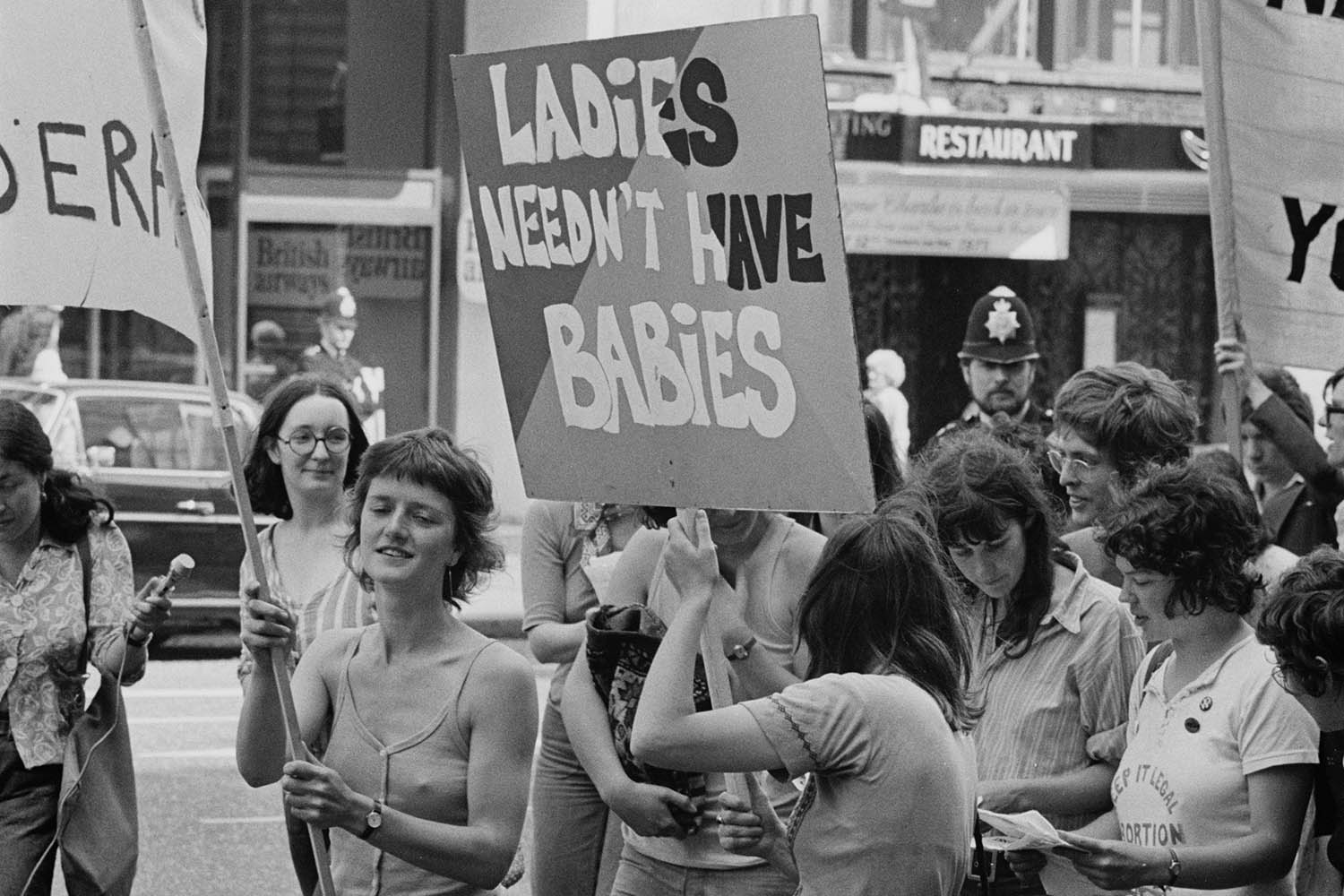Let me lay my cards on the table. Like Helen Taylor, author of Childless By Choice, I chose not to have children. I cannot remember ever feeling a surge of maternal desire. I’m happy to hold a baby, to bounce it on my knee, to make fart sounds or pull an entertaining face if that’s what’s required, but I am a stranger to the longing or so-called instinct to produce one of my own. You might assume, therefore, that I’m the ideal audience for this account of what it means to live a life without children. Alas, while there will be plenty of women – and, who knows, a pile of men too – who will appreciate this book, I am not one of them.
Taylor’s candour about her own parents, and how her childhood fed into her decision to avoid becoming a parent, is engaging. She was born in 1947, the second of three children. Her father was a chain-smoking, heavy-drinking paint salesman, who spent a lot of time asleep in front of the television. Her mother was a bright but “sad and bitter” woman, who gave up on further education when her own sister became ill: instead, in those pre-NHS times, she went to work in a tannery to pay the medical bills. Taylor recalls an exhausted woman who continually reminded her daughter “that children were a burden and a problem, and if I were wise I would never have any”.
The first time that Taylor was confronted by motherhood was in 1967, just prior to when abortion would, within certain parameters, become legal in the UK. With help from her boyfriend, she paid a Harley Street doctor £60 for a termination. She would never be pregnant again. She admits to finding children “terrifying” and, at times, being almost paralysed by what she calls “their ‘otherness’”. As a young feminist, she experienced “fastidious distaste” at the sight of washed nappies and the smell of babies. She was confounded by friends who sacrificed weekend lie-ins, leisurely walks in the park, and tidy homes free of toys and noise, all to satisfy their urge to procreate. Taylor, meanwhile, devoted herself to a career “teaching only adult university students”. Taking a belt-and-braces approach to maternity, she opted for sterilisation.
Now in her late seventies, Taylor has changed her mind. Towards the end of the book, she asks: “Is it impertinent to suggest that other women should think very hard before deciding against motherhood? And yet that is what I wish to do.” But where did she get the idea that “other women” are not thinking “very hard” about this question already? For most of my adult life, on different continents and across differences in age, class, social groups and ethnicity, I have talked to women about whether or not to have a child. It’s men who might want to think about it more.
She comes to the spurious conclusion that only by having kids does one truly consider the future
She comes to the spurious conclusion that only by having kids does one truly consider the future
Taylor also comes to the spurious conclusion that it is only by becoming a parent that one truly considers the future. Even if I fit her narrow definition of “a good citizen”, in Taylor’s mind, I will never consider “family life, education, childcare, the planet’s survival and more” with as much dedication as a parent. I’d like to see the evidence for such a generalisation. Taylor only offers anecdotes. I can share some of my own: am I supposed to believe that the parents I see driving to and from school in SUVs are more concerned about the climate crisis than the rest of us? Is a family flying abroad for their annual holiday thinking more about the planet than a childless woman who has renounced such trips? If Taylor believes that politicians’ repeated “reference to ‘our children and grandchildren’” ensures we make the world a better place, full of tight-knit communities led by loving mums and dads, how does she account for such nature-loving, child-nurturing, peacemaking, community-minded parents and grandparents as Vladimir Putin, Benjamin Netanyahu, Ali Khamenei, Giorgia Meloni and Donald Trump?
On the way to this conclusion, Taylor exhaustively runs through the arguments for and against motherhood. But she rarely backs up her assertions with empirical evidence. Chapter after chapter fails to amount to a structured argument. Fatherhood is a blind spot. Need only women consider the meaning of a childfree life in the 21st century?
Frustrating though this book is, I have sympathy for the project. In some ways, this is the author’s attempt to have a conversation, often tempered with regret, with her late mother. She shares intimate details of her own life: her male lovers, her awkward relationships with their children, her friendship with an older woman who acted as a sort of surrogate mother. By the end, I felt sorry for her. Here is a woman trying to convince herself that her own life is a sufficient legacy. The tragedy is, she doesn’t seem to believe it.
Childless By Choice: The Meaning & Legacy of a Childfree Life by Helen Taylor is published by Whitefox (£16.99)
Photography by Daily Express/Hulton Archive/Getty
Newsletters
Choose the newsletters you want to receive
View more
For information about how The Observer protects your data, read our Privacy Policy
